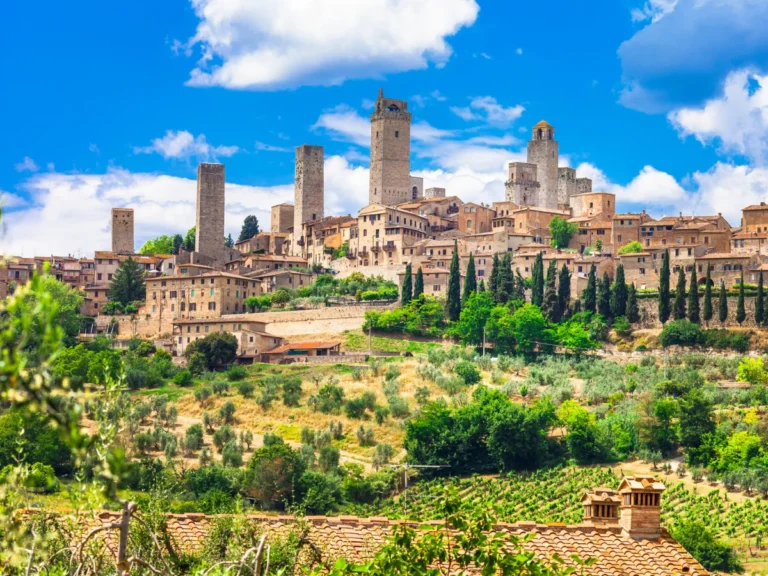Pliny the Elder was a versatile figure in ancient Rome
Pliny the Elder was a versatile figure in ancient Rome who excelled not only as a physician but also as a naturalist and author. His comprehensive work, “Naturalis Historia,” encompassed a vast array of subjects, including medicine, botany, and zoology. Through meticulous documentation and classification, Pliny contributed significantly to the understanding of medicinal plants and their therapeutic properties. His writings, widely studied throughout antiquity and beyond, continue to influence modern scholarship and medical practice.

Pliny the Elder was a versatile figure in ancient Rome
Introduction
Pliny the Elder, born in 23 AD, was a multifaceted figure in ancient Rome, known not only as a physician but also as a naturalist, author, and military commander. His extensive writings, particularly his encyclopedic work “Naturalis Historia,” solidified his legacy as one of the most influential figures of his time.
Early Life and Education
Little is known about Pliny’s early life, but he likely received a comprehensive education in rhetoric, philosophy, and natural sciences. His insatiable curiosity and thirst for knowledge drove him to explore various fields of study.
Medical Career
Pliny practiced medicine extensively, gaining expertise in a wide range of medical disciplines. He treated patients from all walks of life, earning a reputation for his compassionate care and innovative treatments.
Contributions to Medicine
Pliny’s medical contributions were vast and varied. He wrote extensively on topics such as pharmacology, anatomy, and pathology, synthesizing existing knowledge and pioneering new insights.
“Naturalis Historia”
Pliny’s magnum opus, “Naturalis Historia,” encompassed a wide array of subjects, including botany, zoology, geology, and medicine. This monumental work served as a compendium of knowledge for scholars and intellectuals of the ancient world.
Botanical and Pharmacological Insights
In “Naturalis Historia,” Pliny documented numerous medicinal plants and their therapeutic properties, contributing significantly to the field of pharmacology. His meticulous descriptions and classifications provided valuable guidance to physicians and herbalists.
Legacy and Influence
Pliny’s influence extended far beyond his own time. His writings were widely read and studied throughout antiquity and the Middle Ages, shaping the intellectual discourse of successive generations.
Conclusion
Pliny the Elder’s impact on ancient Roman medicine and natural philosophy cannot be overstated. His comprehensive understanding of the natural world, coupled with his practical insights into medicine, solidified his reputation as one of the foremost scholars of his era. Pliny’s legacy continues to resonate in modern times, serving as a testament to the enduring power of knowledge and curiosity in advancing human understanding.



